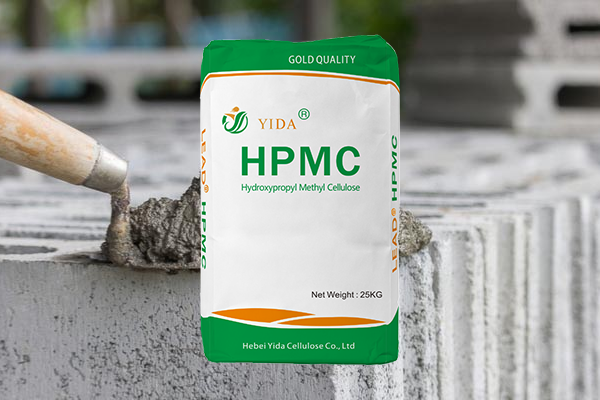In the construction industry, cement-based mortars are indispensable materials for binding, filling, and sealing purposes. They form the backbone of many structures, from small repairs to massive infrastructural projects. Understanding the intricacies of these mortars, including their composition and additives like Hydroxypropyl Methyl Cellulose (HPMC), is crucial for achieving optimal performance and durability. This blog post delves into the world of cement-based mortars, highlighting the importance of HPMC and providing a comprehensive guide on its application, purchase, and procurement.

Cement-based mortar is a versatile mixture primarily composed of cement, water, and fine aggregate (such as sand). Its primary function is to bind building blocks together, create a smooth surface, or fill gaps. The characteristics of cement-based mortar vary depending on the type of cement used, the ratio of ingredients, and the inclusion of admixtures.
Characteristics: Strength, workability, setting time, and durability are some of the key properties that define cement-based mortars. Workability, in particular, is crucial for ease of application, while strength and durability ensure the longevity of the structure.
Ingredients: The fundamental ingredients are Portland cement, water, and fine aggregate. Portland cement provides the binding power, water acts as the catalyst for hydration, and fine aggregate (e.g., sand) provides bulk and helps control shrinkage.
Admixtures: To enhance performance, admixtures like plasticizers, retarders, accelerators, and fibers are often added. These additives can modify the mortar's properties, making it more suitable for specific applications or environmental conditions.
Hydroxypropyl Methyl Cellulose (HPMC) is a water-soluble cellulose ether that finds extensive application as an admixture in cement-based mortars. Its inclusion significantly improves the mortar's workability, water retention, and adhesion, making it an invaluable addition to the mix.
Workability Enhancement: HPMC acts as a thickener, improving the mortar's flow and making it easier to apply, even in hot or windy conditions where water evaporation is accelerated.
Water Retention: By forming a thin film around the aggregate particles, HPMC helps retain water within the mix, delaying the setting time and allowing for better hydration of the cement, thereby enhancing strength development.
Adhesion Promotion: The film-forming property of HPMC also enhances the mortar's adhesion to substrates, reducing the likelihood of cracking or peeling.
Incorporating HPMC into cement-based mortar is a straightforward process but requires careful attention to ensure optimal results.
Mixing Procedure: HPMC should be dry-mixed with the dry ingredients (cement and sand) before the addition of water. This ensures even distribution and prevents lump formation. Gradually adding water while mixing ensures proper hydration of the HPMC and a uniform mix.
Precautions: Accurate dosing is crucial. Overdosing can lead to excessive viscosity and reduced workability, while underdosing may not provide the desired benefits. Additionally, proper storage conditions (cool, dry place) are essential to maintain the effectiveness of HPMC.
China, being a major producer and exporter of chemicals and construction materials, offers a wide range of HPMC products suitable for cement-based mortars.
Sources of Purchase: HPMC can be purchased from specialized chemical suppliers, construction material dealers, or directly from manufacturers. Online platforms have also made it easier to compare products and prices.
Precautions for Purchasing: When selecting HPMC, ensure it meets the relevant quality standards (e.g., ASTM, ISO) and is suitable for your specific application. Check the viscosity grade, purity, and particle size distribution as these factors can impact performance. Additionally, read customer reviews and seek recommendations from industry professionals to avoid inferior products.
Looking for high-quality HPMC for your cement-based mortar needs? Reach out to us today! Our team of experts can provide personalized recommendations, technical support, and samples to help you make an informed decision. Whether you're working on a small renovation project or a large-scale infrastructure development, we've got you covered. Contact us now to get started!
Copyright:@2020-2021
Comments Please sign in or sign up to post.
0
0 of 500 characters used